|
We had a great weekend meeting new customers and promoting our farm at the International Plowing Match and the Harvest Home Festival. And our honey was very popular at both locations! This week will bring the harvesting of the remainder of our potatoes and we will be collecting soil samples for soil testing. We test our soils bi-annually to assess nutrient levels and to ensure our practices and amendments are benefiting the soil (and, therefore, the crops). From this point on, you will receive winter squash in your weekly shares. It's pretty much impossible for me to choose a favourite vegetable but winter squash are firmly in my top 10 list. I love their rich, sweet taste and their ease of preparation. Just slice in half and roast and then serve with spread with butter or coconut oil and sprinkle with sea salt, pepper, and perhaps some cinnamon. We grow a few unusual varieties so I thought I would take this blog to profile each variety. That way, as you try new squash each week, you can bookmark this page for ideas on how to use each type. Acorn squash are one of the first squash you will receive because they are one of the few squash that have fully developed flavour at the time of harvest. Because of their thick, ridged skin, acorn's are used almost exclusively as a side dish. I cut in half, rub the flesh with olive oil, sprinkle with salt, and place cut side down on a baking sheet. Bake for 35 - 40 minutes at 375 degrees. When cooked I may cut into smaller slices, depending on the size of the squash and serve as is. Occasionally we drizzle a mixture of melted coconut oil, maple syrup, and cinnamon over the top. Acorns will store for 3 - 4 months. The earliest maturing winter squash, everyone has received a spaghetti squash in their shares already. As their name suggests, the flesh of spaghetti squash separates into spaghetti-like strands once cooked. Like acorns, these squash have fully developed flavour at harvest so you will see these early on in your shares. Spaghetti squash will store for 4 - 6 months. I'm sure everyone is familiar with the classic pie pumpkin. Pie pumpkins will be included in your shares in the pickup prior to Thanksgiving weekend. But don't think you have to make a pie with these! I use them for soups, muffins, and scones. To prepare, break off the stem and cut in half. Scoop out the seeds (toast these for a tasty snack) and place cut side down on a baking sheet. I sometimes put 3 - 4 tbsp of water on the baking sheet to help the pumpkin to cook quickly. After about 35 - 40 minutes at 375 degrees the pumpkin should be soft. I let cool completely before scooping out the flesh. I may use some immediately and the rest I puree and freeze in ziploc bags for quick soups and muffins in the winter. Pie pumpkins will store for 2 - 3 months. Another familiar choice, the butternut squash is very popular with our share members. Butternuts store longer than most other squash (6+ months) and have the mildest flavour. Since butternuts do not fully develop their flavour until after a few weeks of storage, you will see these appear in shares in mid-October onward. The thick skin is not edible but is relatively easy to peel. I cut in half horizontally just above the bottom bulge. I then stand each half upright on my cutting board and peel from top to bottom with a large chef's knife. Classically used in soups and risottos, butternut squash can also be a nice replacement for pie pumpkins in many recipes. Delicata squash (sometime called 'sweet potato squash') are the sweetest of the squash we grow. They are also the smallest and easiest to cut so are a good choice for those that don't think they can eat an entire larger squash. If I really have to choose, these are one of my favourite squash. Because of their sweetness and size, I often eat these as a mid-morning snack when I would otherwise turn to a baked good of some sort. I cut in half length-wise, scoop out the seeds, and then cut into half moons. I then rub with coconut oil and sprinkle with salt and cinnamon. Roast at 400 degrees for 15 - 25 minutes, flipping half way through. Watch these closely because their high sugar content makes them quick to burn. The skin softens with cooking and is edible. Delicata store for 4 - 6 months. Many people will mistake these red kuri squash for pie pumpkins at first glance. But on a closer look you will see that they are a tear drop shape (often not sitting flat) and have a short, corky stem. The red kuri squash grow in quite a variety of sizes so it's not unusual to get some extremely large specimens as well as some hardly bigger than a softball! When making squash soup, I always use a red kuri for two reasons. First, red kuri squash have the richest flavoured and meatiest flesh of all the squash. This means a rich, flavourful, thick soup. You hardly need to add anything but a onion, a little salt, broth, and maybe some red chili flakes or a splash of coconut milk. The second reason is that the skin is thin and entirely edible. I chop in half, scoop out the seeds, and then cut into 1" chunks. When blended, you wouldn't even know the skin is there. Red kuri will store for 4 - 6 months. This funny looking pumpkin is called Black Futsu and is a rare Japanese variety. New to us this year, I chose it entirely for its funky appearance. The skin is warty and cures to a rich chestnut colour with a frosted overtone. While the seed catalogue assured me that it is tasty cooked or even raw, I can't speak from personal experience. Since we only grew a few plants as a trial, there isn't one for everyone but a few intrepid share members can give it a try in the later weeks once it's cured (and I've had a chance to experiment with it).
Comments are closed.
|
Archives
February 2020
|
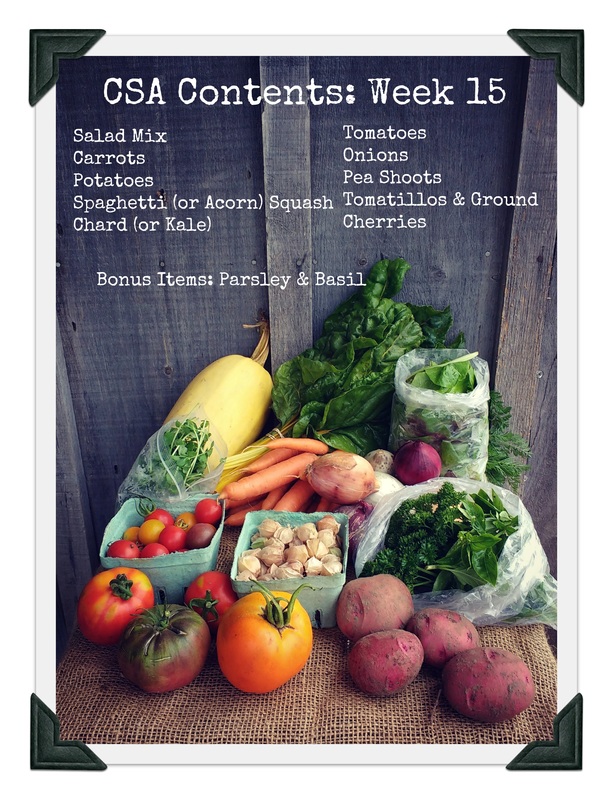
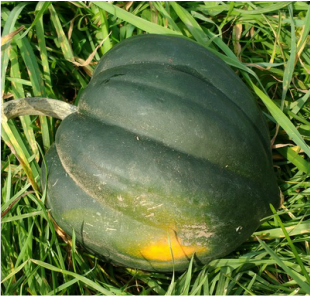
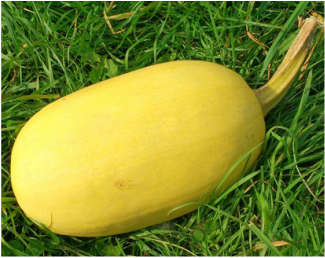
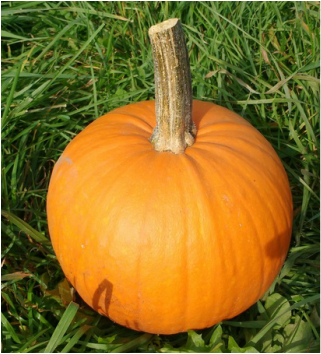
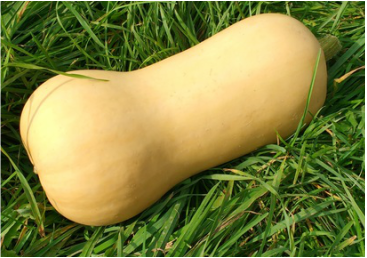
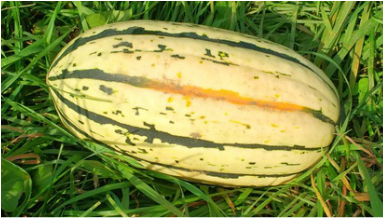
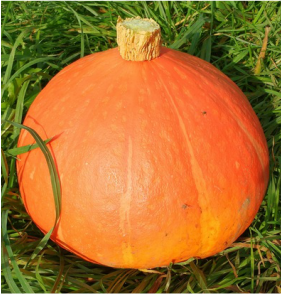
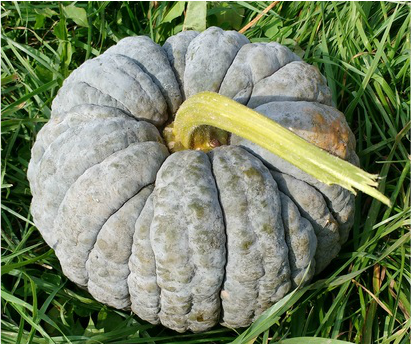
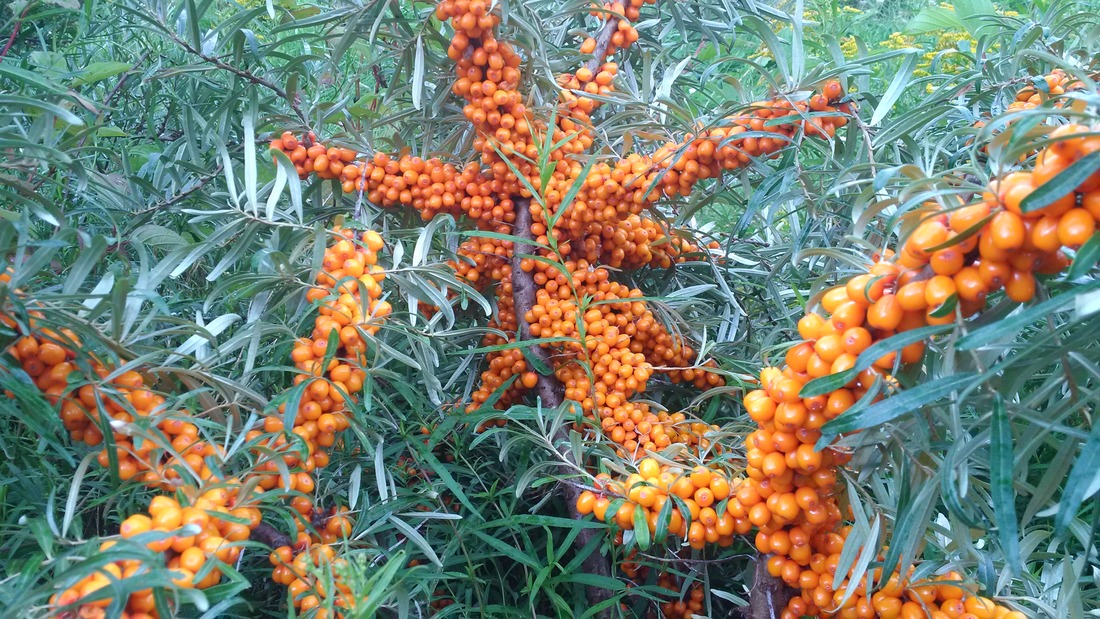
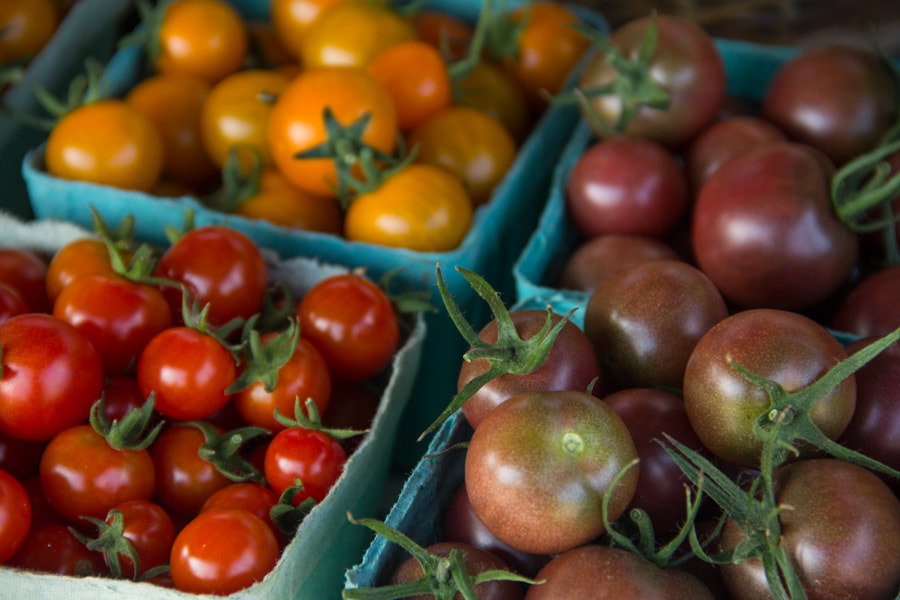
 RSS Feed
RSS Feed